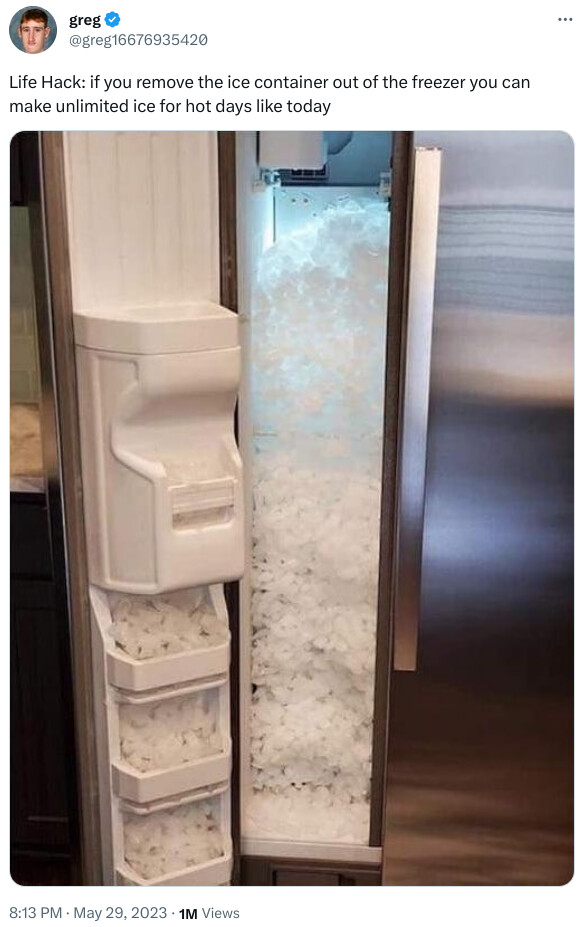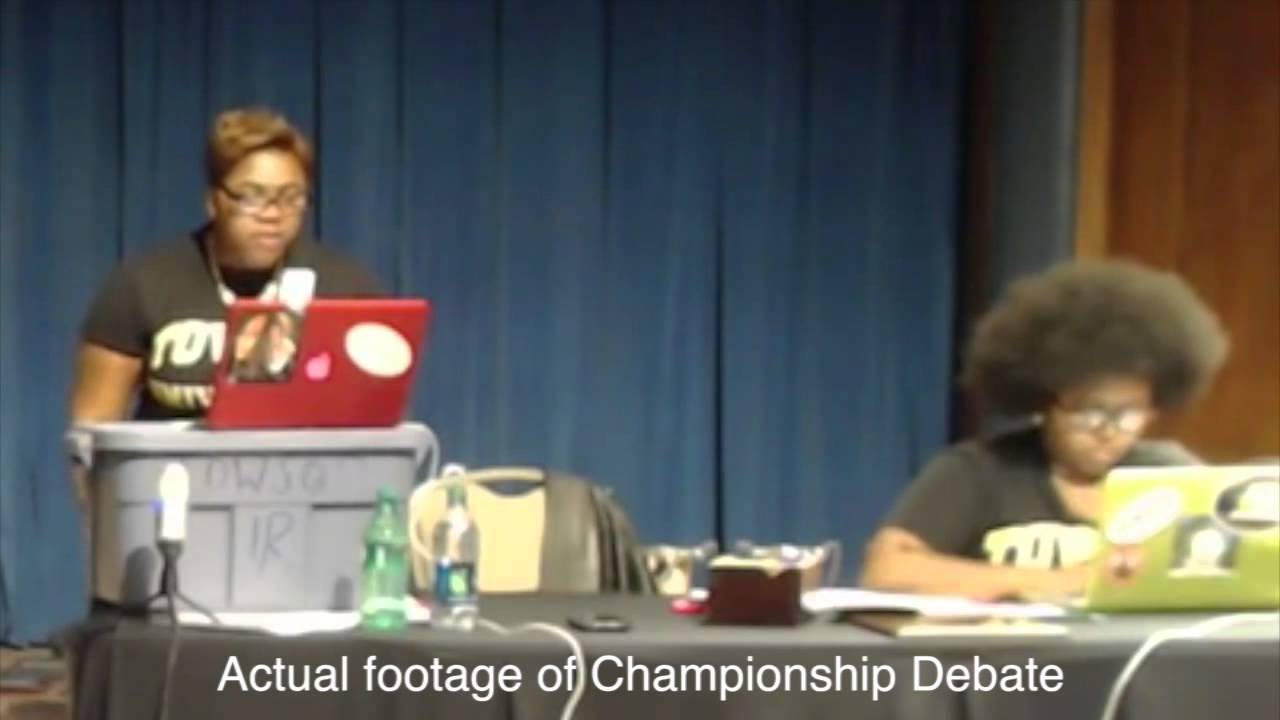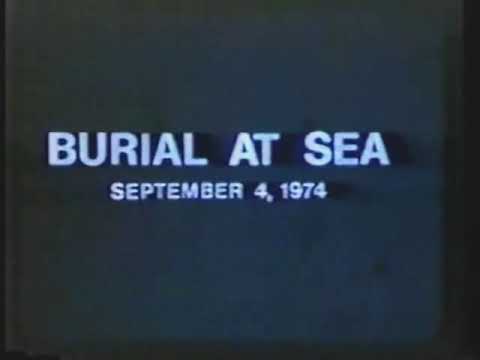Ugh. Couldn’t watch even a full minute.
Let’s ignore the “spreading” technique.
How much of what they said would have changed if the topic had been: “Did the US pick the right side in World War One?”
“The steel could be smelted for other uses. The value comes from the steel’s production before the use of nuclear weapons and testing and is important for use in manufacturing some scientific and medical equipment.”
This from the English who have long done a profitable trade in steel “looted” for exactly that purpose from the surrendered German WWI battleships which were scuttled by their crews in Scapa Flow in the Shetland Isles. It seems that hypocrisy is the defining feature of Political Classes on both sides of the Atlantic.
Big legal difference between scuttled ship that has been surrendered to the Brits and a “war grave” ship.
Scapa Flow is in the Orkney Islands in north Scotland. I would presume many of the workers involved in the salvage are Scottish, not English. In any case, the governing authority is British, with the proceeds going to Wales, Scotland, Northern Ireland, as well as England.
Further, the reporting of the salvage of the sunken ships off Malaysia bandies around the word “illegal” rather freely, but never specifies under which statute or jurisdiction this salvage in international waters is “illegal”. The New Straits Times report linked in the USNI News piece includes the statement,
The National Heritage Department had responded and said it would amend the National Heritage Act to empower authorities to act against people who stole parts from sunken World War 2 ships and extend the protected zone up to 200 nautical miles from the shore under the act.
One presumes the “National Heritage” Department and Act cited are those of Malaysia, and the mention of “amendment” implies there is no current authority to prevent this salvage or to protect anything at its current distance from the Malaysian shore.
I hear occasional references to a “UN treaty” protecting sunken warships, but I can find no evidence of such a treaty. The United Nations Convention on the Law of the Sea, adopted in 1982, contains no such provisions, nor does the 1989 International Convention on Salvage. There have been proposals by the U.S., which asserted its “flag jurisdiction” even over sunken warships abandoned in international waters back when its navy was taken seriously and by the Soviet Union and eastern bloc countries back when they existed in response to the Glomar recovery of the Soviet submarine, to amend the Law of the Sea convention to protect sunken warships as grave sites (see “The Protection Of Sunken Warships As Gravesites At Sea” [PDF], in the Ocean and Coastal Law Journal in 2001), but to my knowledge no such amendments have been adopted.
In any case, the demand for low-background steel has been falling, since the contamination of atmospheric air used in steelmaking has dropped by a factor of more than 20 since the atmospheric nuclear testing peak of 1963, and more steel is made today using a pure oxygen process which is less sensitive to atmospheric contamination than the Bessemer process that uses atmospheric air.
Attorneys General lawsuit against service provider for robocallers. Paragraph 34 et seq. gets into some of the details:
Good. I like it when Muzzies kill Muzzies.

…or, me, after getting back after a few days out of town.
The status of sunken ships has long been a problem. On the one hand, governments especially have objected to their sunken ships being “explored” as a version of grave robbing. OTOH, the resistance of some governments has led to unnecessary delay in families knowing the resting place and final disposition of their relative, who currently are basically only listed as “lost at sea”.
Such was the case of a group of divers who discovered a WWII German sub off the coast of NJ, in about 110’ of waterways The German government was not only not helpful in identifying the “boat” but actively blocked attempts by the divers to discover the sub number, etc. Complicating the issue was that “officially” the Brits claimed to have sunk. that U-boat off the coast of Gibraltar. Ultimately the divers prevailed, discovered the U-boat number, and notified the next of kin where their family’s remains were.
Part of the problem with the U-boat was the fear that “sight seer divers” would plunder the sub remains, thereby literally “grave robbing”. This is a common issue with found wrecks. The Andrea Doria has been stripped of all manner of its things, from plates and silverware, to any other “souvenir” that could be taken.
That said, we ran a “recovery operation” on a Russian nuc sub that sank out in the Pacific - purely to find out more about the sub and how it was built. The op originally, rather optimistically, expected to raise the sub from quite deep water intact. Instead, what happened was the sub broke in two (?or three - can’t remember) parts, which we did “salvage”. Didn’t seem to be much concern for Russian grave site on our part then.
So I guess the lesson here is that governments do pretty much whatever they wish. If one were expecting a “moral” response, there’s this bridge in the dessert in Arizona I would like to drow your attention to.
On the other hand, the remains of Soviet submariners recovered from the wreck of K-129 were buried at sea with full Soviet honours in a secret ceremony conducted at sea, with a video tape made and presented to the Soviet embassy.
See Josh Dean’s 2012 book The Taking of K-129 for details.
The book was fascinating, as was the impressive engineering it described.
All that says is that we don’t default to an amoral or immoral position.
We actually got it right a lot more often back in the old “isolationist” days.


